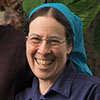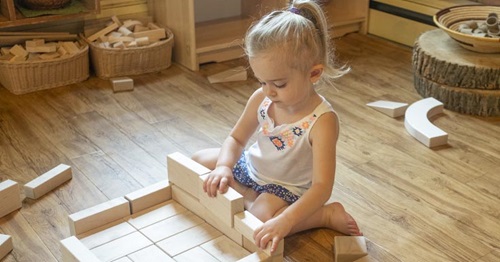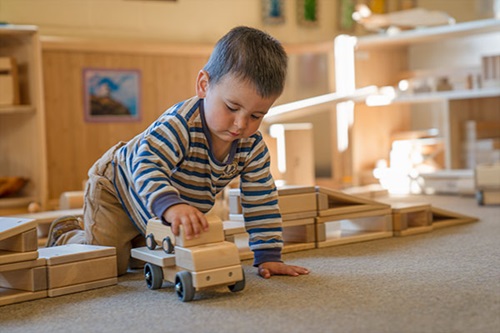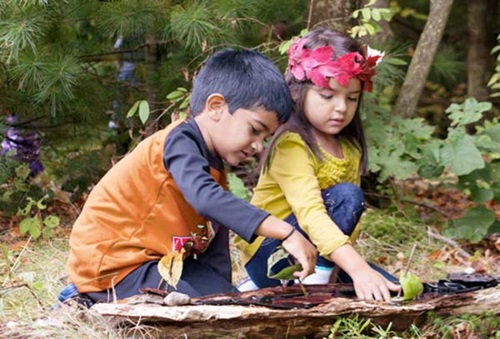Bringing the Froebel approach to your early years practice
A book review
| August 2013‘A Froebelian approach is… a whole way of thinking about children and childhood’, Helen Tovey writes. ‘Learning should be joyous, meaningful and relevant. It should inspire further learning or it is nothing.’
Froebel’s principles are basic to British practice as Margaret McMillan adopted his ideas a century ago, yet they are not fully understood today; so Bringing the Froebel Approach to your Early Years Practice will be an asset to any UK setting. Its content is accessible and meaningful – I often found myself pausing to ponder – and its photographs capture deeply engaged children.
The book has lots about creativity as ‘the essence of being human’, about the enabling environment, about singing and rhyme, about the kinds of materials that best support imagination – and of course there’s lots and lots about play. Underlying everything is a deep respect for childhood. ‘Observation of children means much more than just watching. It means listening carefully, being open and wanting to know more. It means really taking note of what the child is interested in, thinking and feeling, and striving to understand what the child means or is trying to do.’
Reading this book made me wish I was back on the floor. (How I would have appreciated Helen’s suggestions for setting up a multi-purpose workshop area!) Perhaps these sentences will convey its flavour:
Play thrives in a culture where imagination and creativity are valued, where there is a shared sense of joy in wondering and discovering, where relationships are warm and responsive and where both adults and children are willing to take some risks and be adventurous.
Singing creates joyfulness, group cohesion and a sense of community.
An atmosphere of playful nonsense can be an important way of building close relationships.
Children make stories everywhere, with natural materials, small worlds, blocks, sand and water, and much more.
If children can develop a sense of wonder about nature, can see the effect of their actions on things around them and can get to know their own small garden in deep ways, they are much more likely to want to help shape a sustainable future.
As well as her own insights, Helen shares children’s quirky quotes and whimsical wonderings (like ‘How do worms breathe under there? Why don’t they sufferate?’). Anyone who loves working with children will love this book.
Tovey, H. (2013) Bringing the Froebel Approach to your Early Years Practice, London and New York: Routledge








